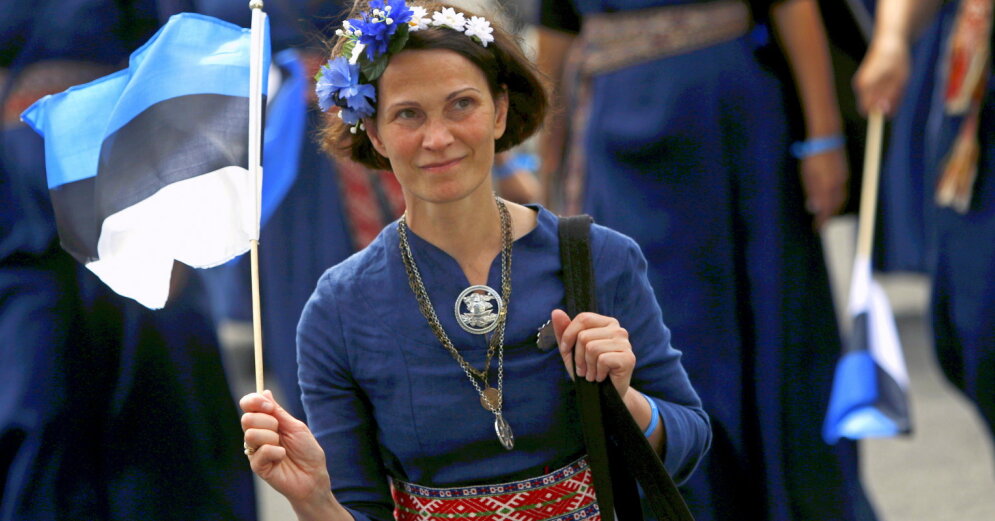Estonian The government has authorized the organization of the Saaremaa Opera Days and the VIII World Congress of Finno-Ugric Peoples this summer, recognizing both events as cultural events of vital importance to the state and society.
–
–
Content will continue after the ad
Advertising
–
At the same time, the government statement states that the Department of Health should provide recommendations to the organizers of both events regarding risk management plans to prevent the spread of the new coronavirus, and the Ministry of Culture, in cooperation with the organizers, should ensure compliance with the Department of Health.
The World Congress of Finno-Ugric Peoples, which was postponed last summer due to the Covid-19 pandemic, is to take place from 16 to 18 June at the Estonian National Museum in Tartu. The main organizer of the Congress is the non-profit organization Fenno-Ugria, which aims to promote the development and protection of the national self-confidence, culture and languages of the Finno-Ugric peoples, to promote cooperation between them and to remind them of their right to self-determination.
Since 1992, the World Congresses of the Finno-Ugric Peoples have been held every four years in Hungary, Finland, Estonia or Russia. This time, the congress will be partly in person and partly remotely. It is estimated that up to 150 people could attend the congress speakers and the organizing team in person.
The Saaremaa Opera Days, organized by the Eesti Kontsert Foundation, are scheduled for July 20-24 in the courtyard of Kuressaare’s medieval castle.
According to the Estonian Institute for Economic Research two years ago, the Saaremaa Opera Days have a direct impact on the region’s economy – in 2018, visitors to Kuressaare spent a total of € 2.06 million, of which € 310,000 was paid to the state budget. but entrepreneurs earned 1.75 million euros in revenue. In addition, the impact of the Opera Days is not limited to economic benefits – the event also promotes Estonia’s international recognition, provides guests from different countries with high-quality cultural impressions and allows you to get to know Saaremaa as a tourist destination. This year, Opera Days is also supported by the business promotion agency Enterprise Estonia.
–
–
The content of the publication or any part of it is a protected copyright object within the meaning of the Copyright Law, and its use without the permission of the publisher is prohibited. Read more here. –


